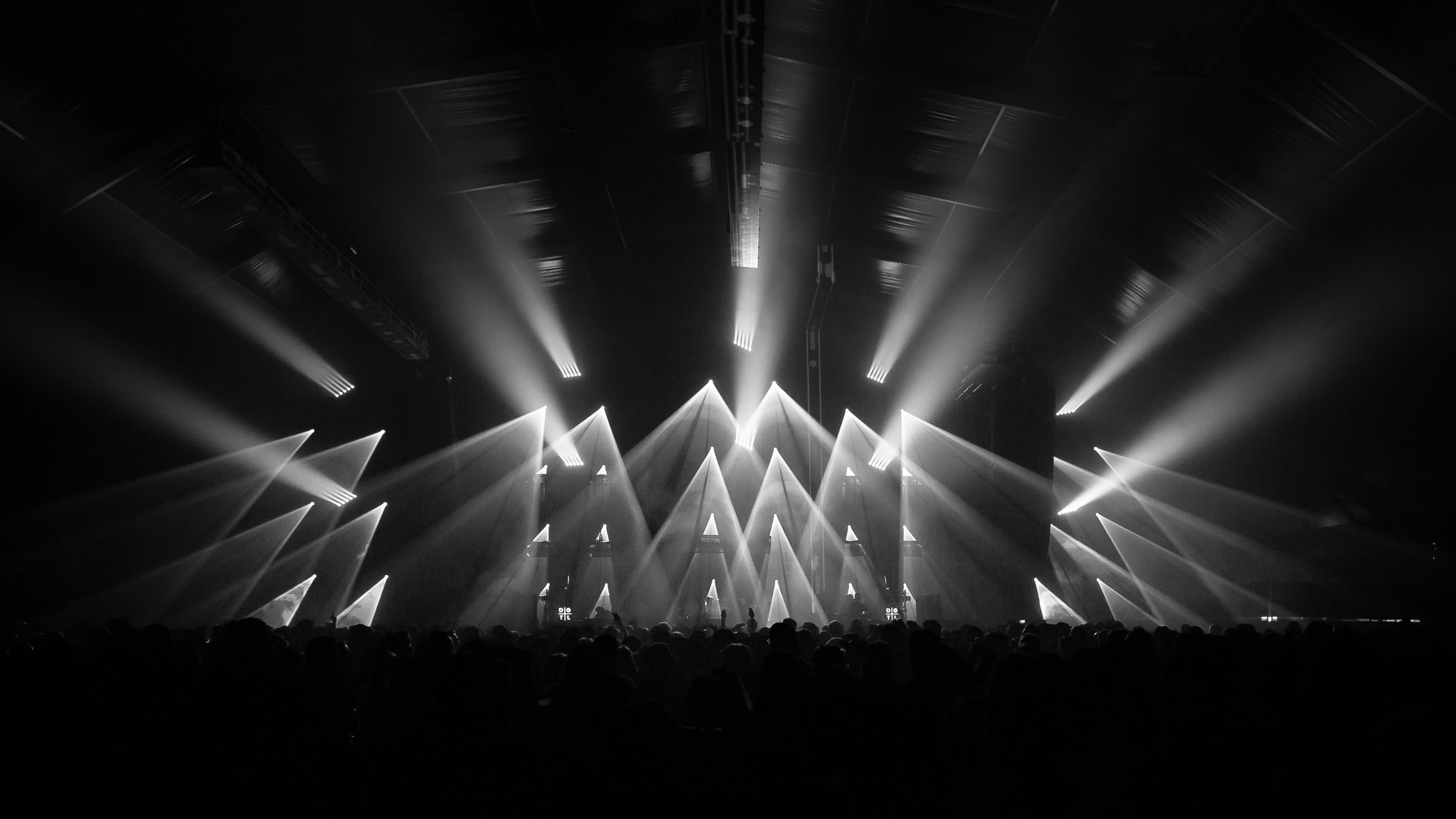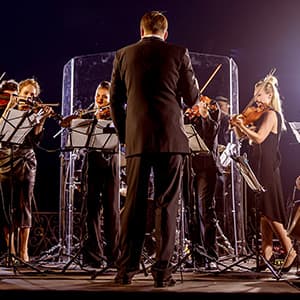

Shakespeare At The Symphony Tickets
Up to 30% Off Compared to Competitors.
Location: Select Location (e.g, New York)
Events Nearby
We're Sorry. There are currently no events near you.
About Shakespeare at the Symphony
In recent years, Shakespeare at the Symphony has gained renewed popularity, with a series of performances scheduled across major cities worldwide. These events often feature renowned conductors, soloists, and actors who bring Shakespeare's characters to life through voice and movement, all while accompanied by a full orchestra. The programming typically includes iconic works such as 'Romeo and Juliet,' 'A Midsummer Night’s Dream,' and 'Hamlet,' with composers like Tchaikovsky, Mendelssohn, and Verdi being highlighted for their contributions to the Shakespearean canon. Current events include a highly anticipated performance of 'The Tempest' set for this fall, which will combine live orchestral music with a modern retelling of the play, complete with visual projections that enhance the narrative. Additionally, many symphonies are now offering virtual access to their performances, allowing global audiences to partake in the experience from the comfort of their homes. This shift towards accessibility and innovation signifies a broader trend within the concert industry to reach younger audiences and adapt classic works to contemporary sensibilities. As Shakespeare at the Symphony continues to evolve, it remains a vital cultural experience that celebrates the enduring legacy of Shakespeare through the universal language of music.
Shakespeare at the Symphony History
Shakespeare at the Symphony is a unique concert series that combines the timeless works of William Shakespeare with the power of orchestral music. The idea of intertwining Shakespeare’s literary genius with live orchestral performance has its roots in the early 20th century, when composers began to draw inspiration from his plays and sonnets. This trend gained momentum as symphonies around the world sought to attract broader audiences by presenting familiar literary works in an engaging format. The first concerts that can be classified under this genre typically featured excerpts from Shakespeare plays accompanied by classical compositions that mirrored the themes and emotions of the texts. Over the years, various symphonies have developed their own interpretations of Shakespeare's works, creating a dynamic fusion of drama and music that captivates audiences. Notably, the Royal Shakespeare Company collaborated with orchestras in the 1960s to enhance their productions with live music, setting a precedent for future events. The integration of Shakespeare into symphonic performances has since evolved, leading to innovative adaptations that include spoken word alongside orchestral arrangements, creating a multi-sensory experience that resonates with both classical music lovers and theater enthusiasts alike.
